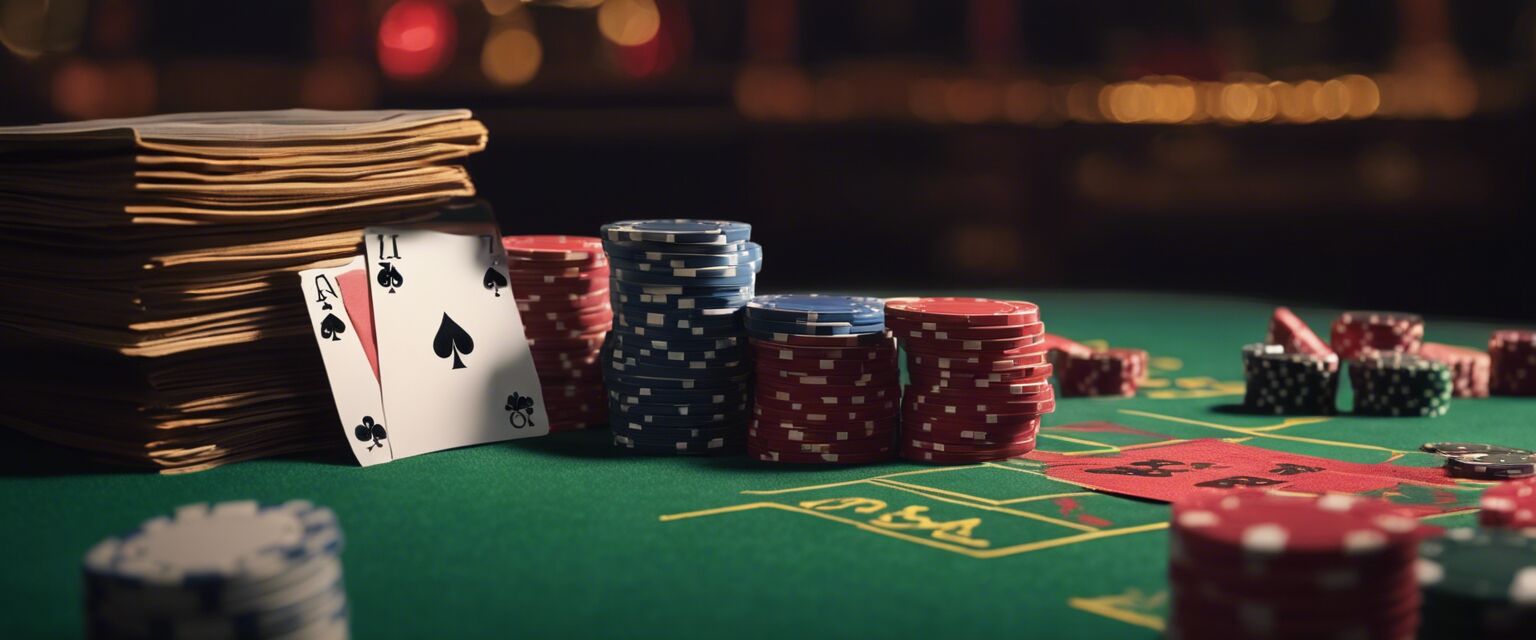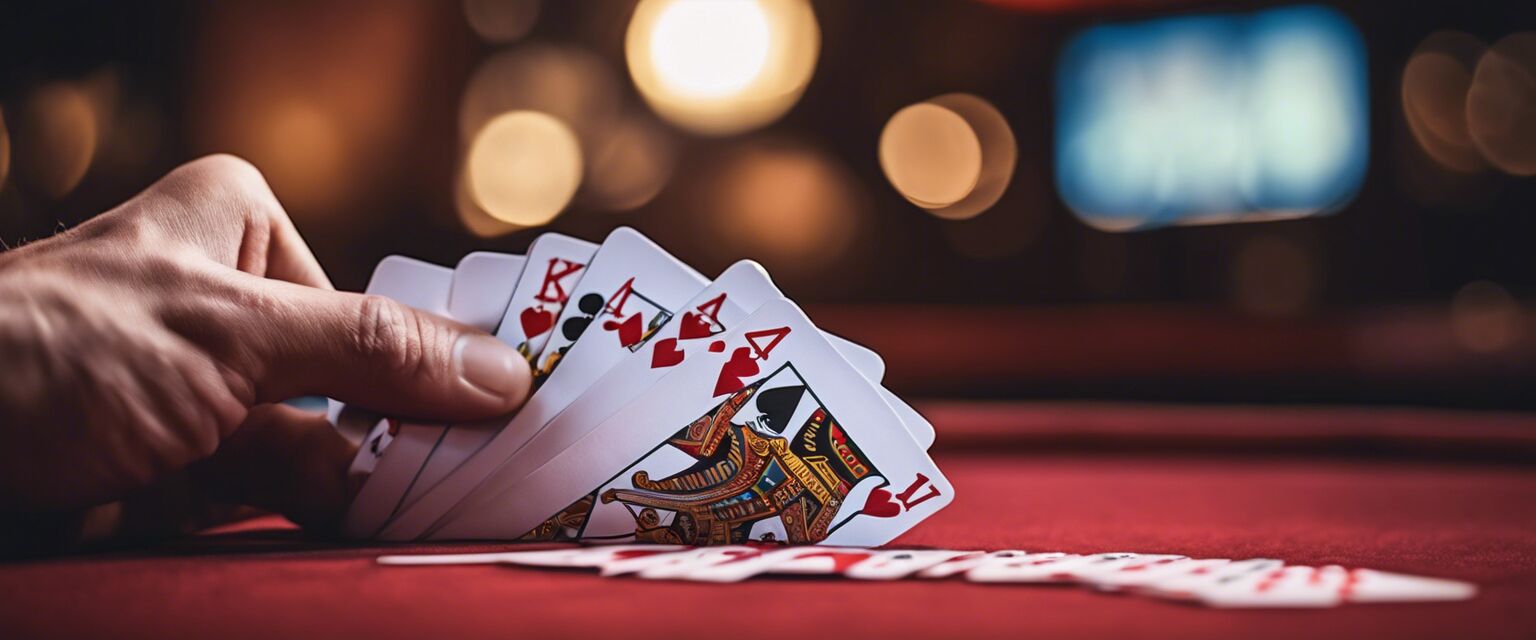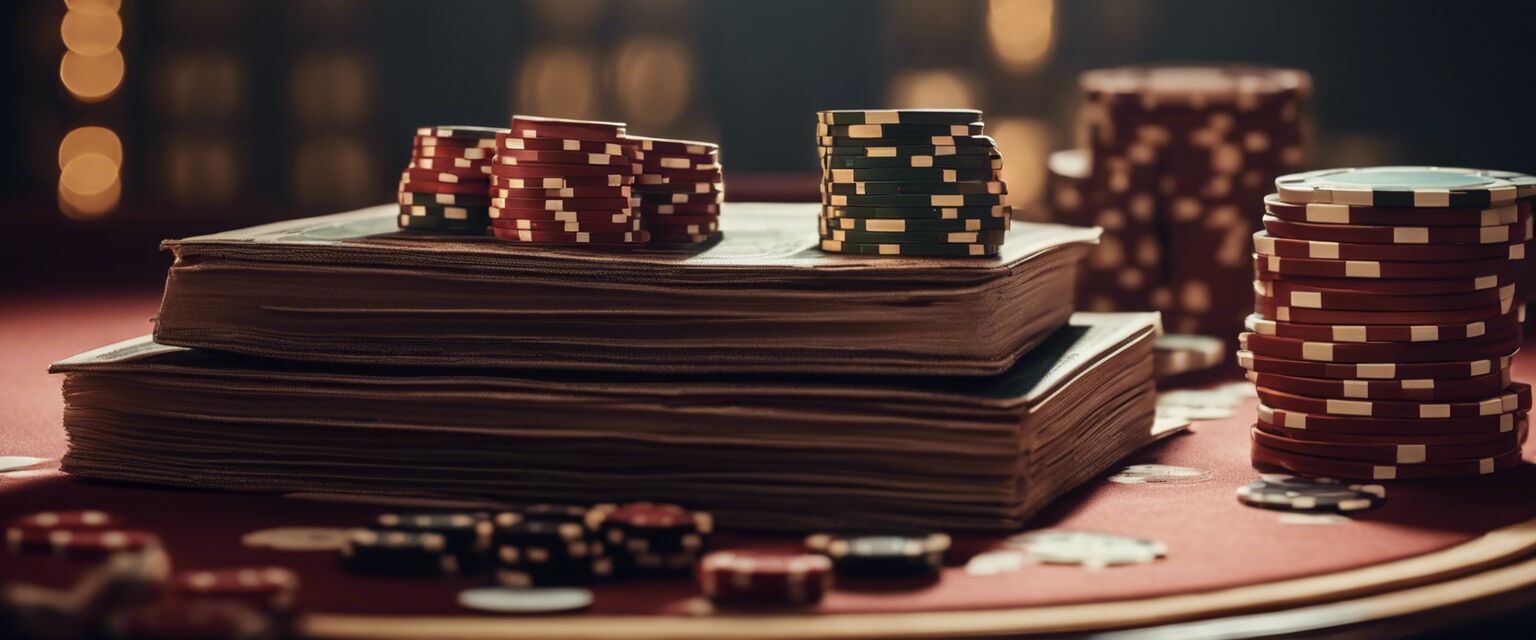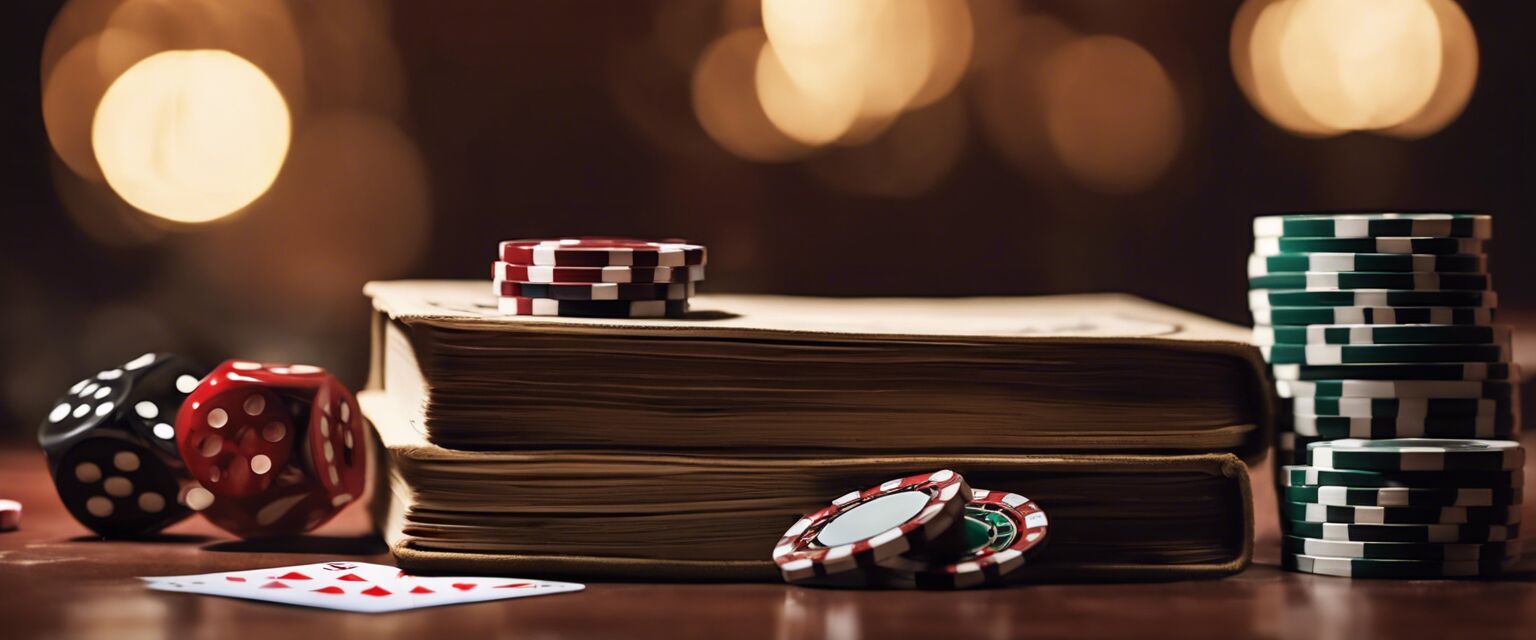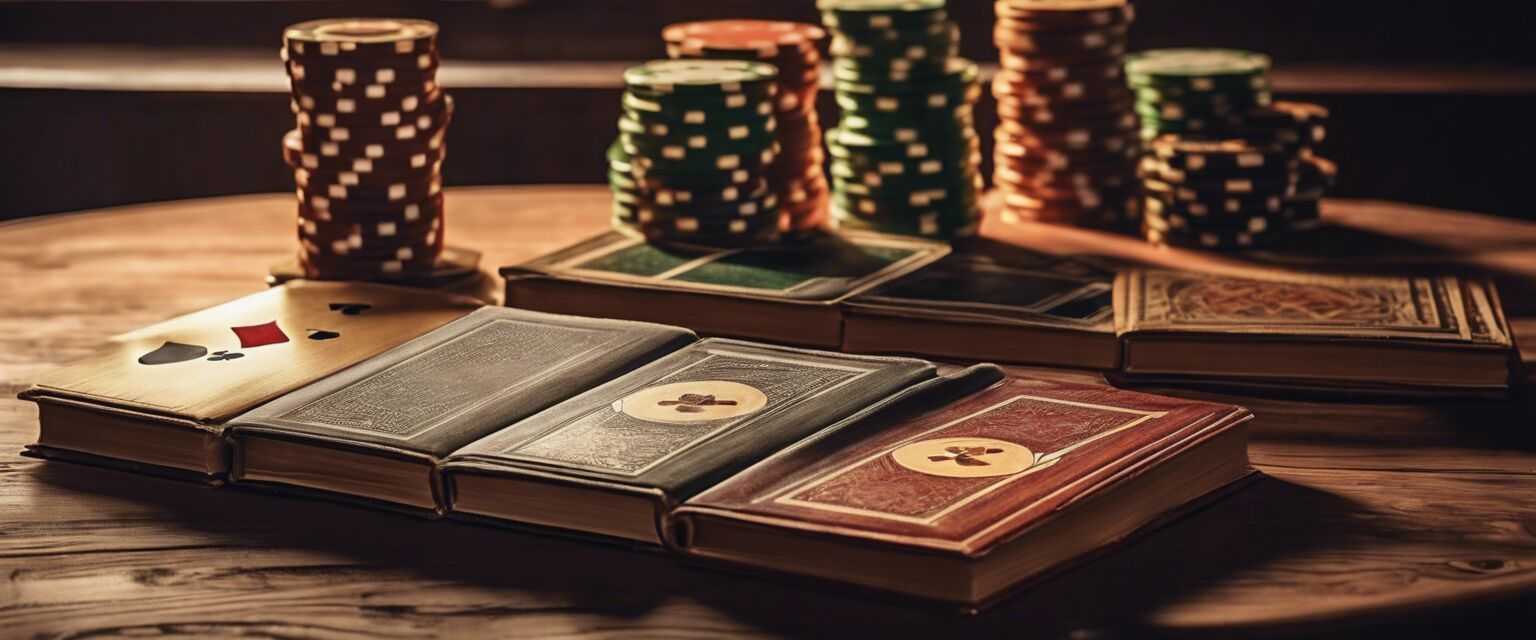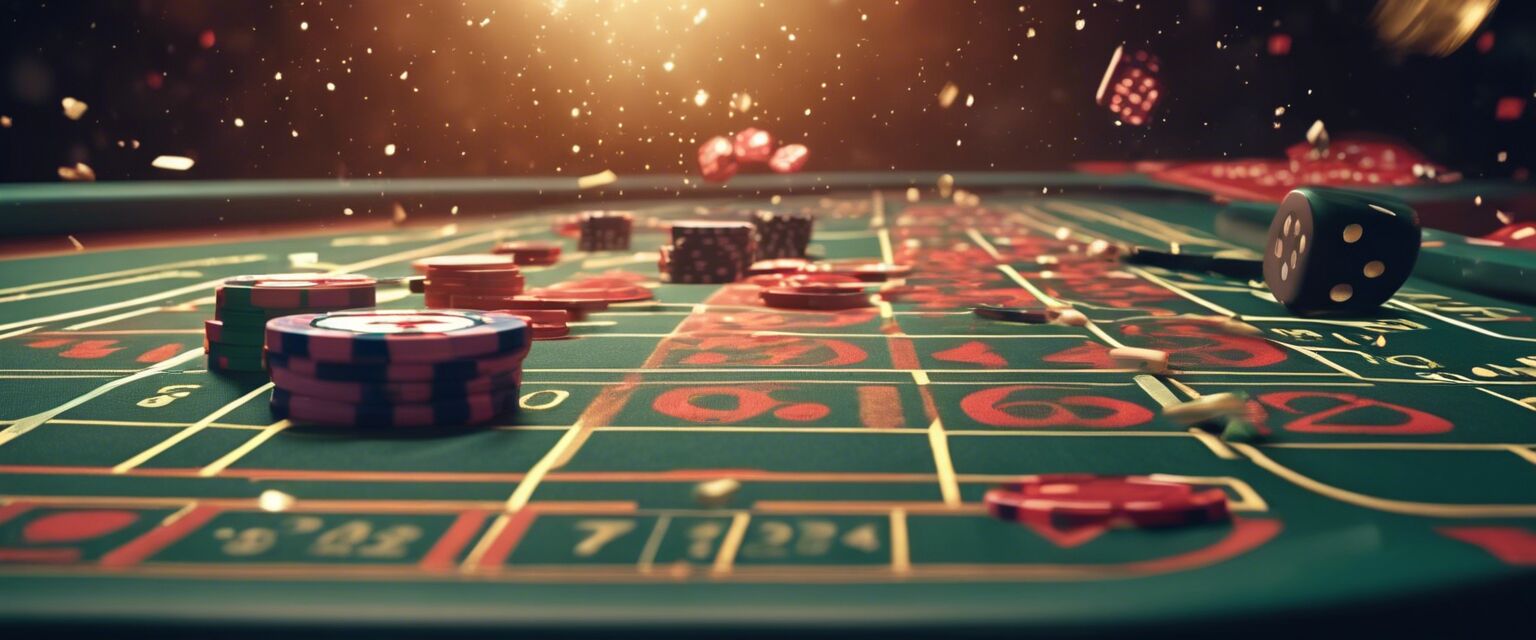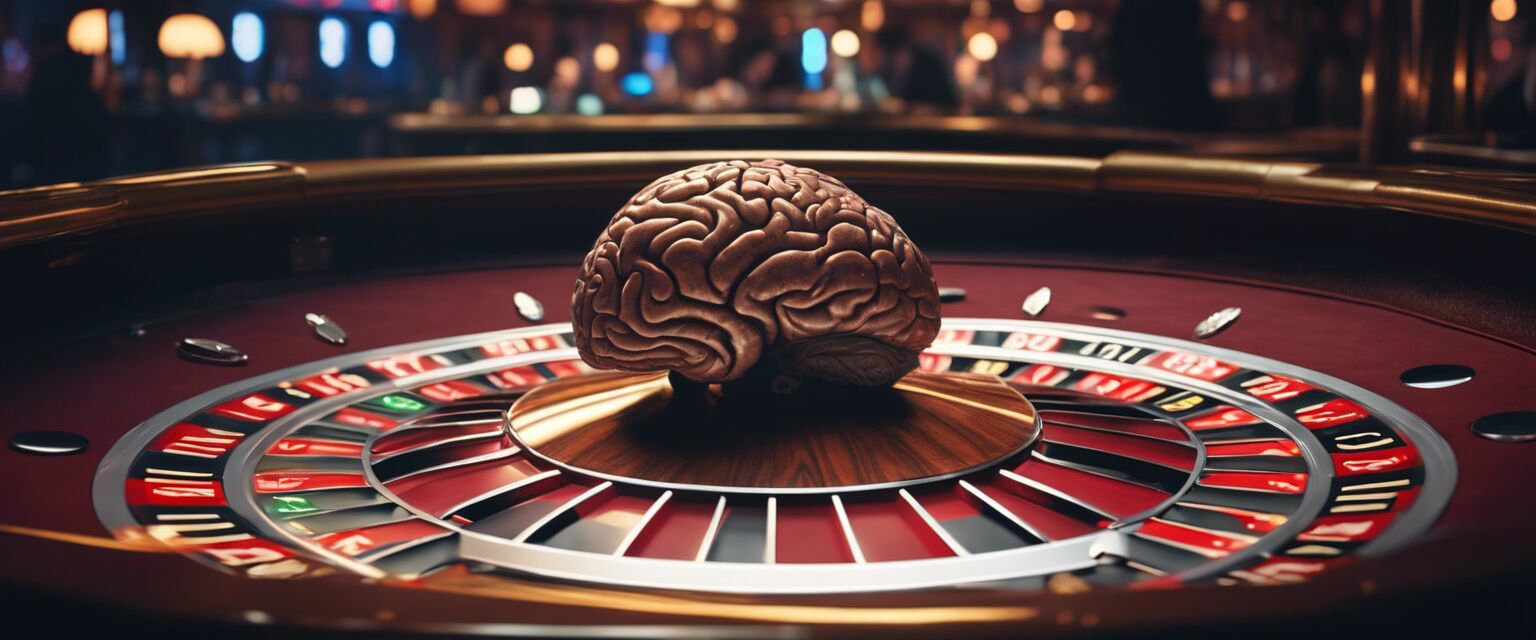
Gambling Psychology
Gambling has long been a popular pastime, but have you ever stopped to think about the psychological aspects that drive our behavior at the tables or slots? From cognitive biases to emotional manipulation, understanding the psychology of gambling can help you make better decisions and avoid common pitfalls.
Key Takeaways
- Gambling psychology is a complex field that combines cognitive biases, emotional manipulation, and social influences.
- Understanding these factors can help you make more informed decisions and avoid common pitfalls.
- Gambling books can provide valuable insights into the psychological aspects of gambling.
What is Gambling Psychology?
Gambling psychology is a field of study that examines the cognitive, emotional, and social factors that influence our behavior when it comes to gambling. It's a complex and multifaceted topic that combines insights from psychology, neuroscience, and sociology to understand why we gamble, how we make decisions, and what drives our behavior.
Cognitive Biases
One of the key factors that influence our behavior when it comes to gambling is cognitive biases. These are systematic errors in thinking that affect our judgment and decision-making. Some common cognitive biases that affect gamblers include:
| Bias | Description |
|---|---|
| Gambler's Fallacy | The belief that a random event is more likely to happen because it hasn't happened recently. |
| Confirmation Bias | The tendency to seek out information that confirms our existing beliefs. |
| Anchoring Bias | The tendency to rely too heavily on the first piece of information we receive. |
Emotional Manipulation
Gambling can be an emotional experience, and casinos often use various tactics to manipulate our emotions and encourage us to continue playing. These can include:
- Music and sound effects designed to create a sense of excitement and euphoria.
- Attractive lighting and decor designed to create a sense of luxury and sophistication.
- Free drinks and other perks designed to create a sense of gratitude and loyalty.
Gambling Books
If you're interested in learning more about the psychological aspects of gambling, there are many great books that can provide valuable insights. Here are a few recommendations:
| Book Title | Author | Description |
|---|---|---|
| The Psychology of Gambling | James Whelan | A comprehensive overview of the psychological factors that influence gambling behavior. |
| Gambling and the Brain | Daniel L. Dickson | An in-depth examination of the neural mechanisms that underlie gambling behavior. |
| The Gambler's Mind | John H. Kagel | A detailed analysis of the cognitive biases and emotional factors that drive gambling behavior. |
These books can provide valuable insights into the psychological aspects of gambling and help you make more informed decisions. You can find more books on gambling psychology in our Psychological Insights section.

Internal Factors
In addition to external factors like cognitive biases and emotional manipulation, internal factors like personality traits and motivation can also play a role in our gambling behavior. For example:
- Some people may be more prone to impulsivity or risk-taking, which can lead to reckless gambling behavior.
- Others may be motivated by a desire for social status or recognition, which can lead to excessive gambling.

Social Influences
Social influences can also play a significant role in our gambling behavior. For example:
- Peer pressure from friends or family members can encourage us to gamble more than we might otherwise.
- Cultural or social norms can influence our attitudes towards gambling and encourage us to participate.

Understanding the psychology of gambling can:
- Help you make more informed decisions
- Reduce the risk of problem gambling
- Improve your overall gaming experience
However, it's also important to note that:
- Gambling psychology is a complex and multifaceted topic
- It may not be possible to completely eliminate the influence of cognitive biases and emotional manipulation
- More research is needed to fully understand the psychological aspects of gambling
Tips for Gamblers
- Set a budget and stick to it
- Avoid chasing losses
- Take regular breaks to clear your head
- Seek help if you suspect you may have a gambling problem
For more tips and strategies, check out our Strategy Guides section.
